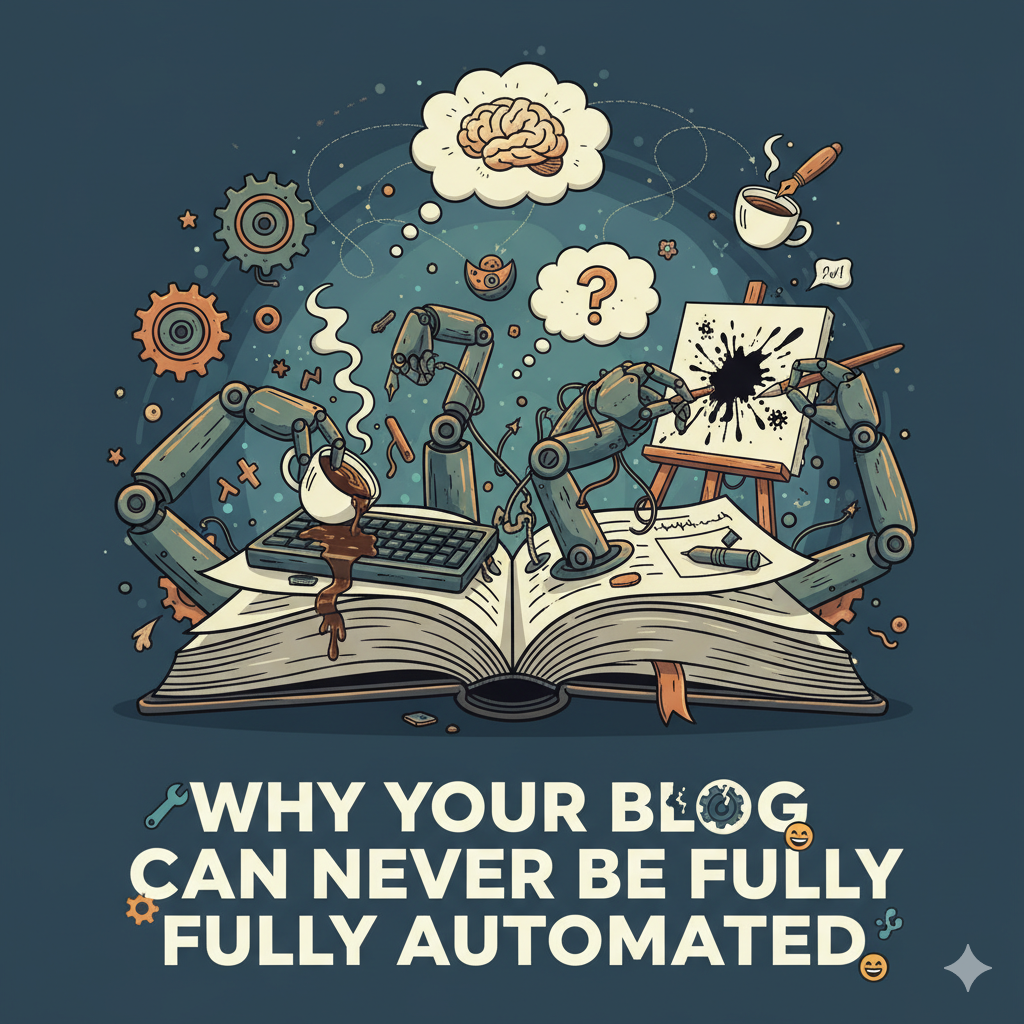Childhood is full of free time — long afternoons, summer breaks, and weekends stretch ahead like an open canvas. Most kids naturally play, explore, and have fun, which is important.
But there’s another way to make free time incredibly valuable: using it to learn about the world.
Here’s why every parent and child should consider turning free hours into opportunities for growth and discovery.
1. Curiosity Is a Superpower
Kids are naturally curious. They ask questions, explore, and experiment — but without direction, curiosity can fade into passive entertainment.By using free time to explore the world — reading about different countries, experimenting with science, learning history, or understanding cultures — kids strengthen their ability to think critically, ask smart questions, and solve problems.Curiosity fuels learning. The earlier it’s nurtured, the stronger it becomes.
2. Learning Doesn’t Have to Be Boring
Using free time to learn doesn’t mean endless worksheets or lectures. It can be fun, hands-on, and even adventurous:Conduct simple science experiments at home.Cook meals from different countries to explore culture.Watch documentaries or read about nature, space, or history.Build projects using technology, coding, or DIY crafts.When learning feels like exploration instead of a chore, kids engage more deeply and retain knowledge better.
3. Learning builds Independence and Initiative
Free time used wisely teaches kids to take initiative. They learn to seek answers, solve problems, and discover knowledge on their own.Instead of relying entirely on teachers or parents, they develop the confidence to pursue questions independently. That skill will pay off for the rest of their lives, in school, work, and personal growth.
Free time is a gift — but it’s also an opportunity. Kids who spend their unstructured hours exploring the world, asking questions, and experimenting with ideas build knowledge, creativity, and independence.Parents and mentors can guide them, but the key is to make curiosity a habit. In a few years, those who used their free time wisely won’t just be well-informed — they’ll be thinkers, innovators, and leaders.
